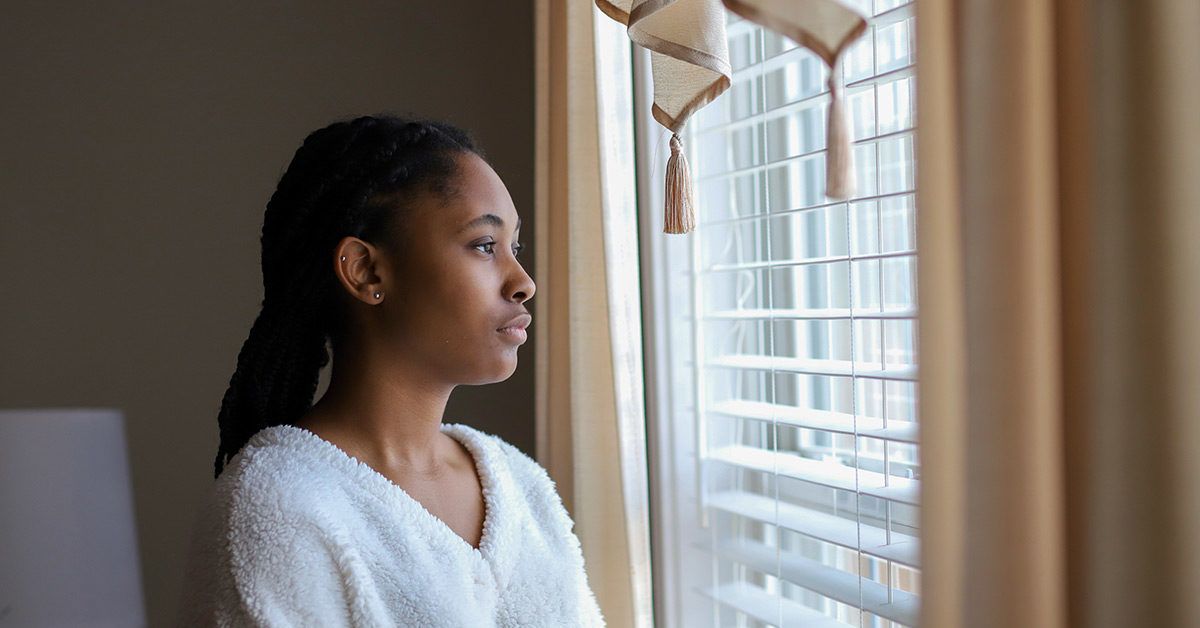Ever notice how your skin starts acting up when you’re stressed out? Breakouts, dullness, itchiness — it’s not your imagination. Stress affects more than just your mood. It takes a real toll on your skin. Your body responds to stress with a hormonal chain reaction that can show up on your face faster than you’d think.
The good news? You’re not helpless. Once you understand how stress impacts your skin, you can take simple steps to calm both your nerves and your complexion.
Here are 8 ways your skin reflects stress and what you can do about each one.
1. Breakouts and Acne
Stress triggers the release of cortisol, a hormone that ramps up oil production. That extra oil can clog pores and lead to breakouts — especially if you’re already acne-prone.
How to calm it:
- Use a gentle salicylic acid or benzoyl peroxide cleanser
- Don’t skip your routine, even when you’re exhausted
- Keep your hands off your face
2. Redness and Flushing
Feeling flushed during a tense moment? That’s your blood vessels reacting to stress. Chronic stress can also aggravate conditions like rosacea or cause skin sensitivity.
How to calm it:
- Use calming ingredients like aloe, green tea, or niacinamide
- Avoid spicy foods, hot showers, and alcohol
- Try deep breathing exercises or meditation
3. Dull, Tired-Looking Skin
Stress reduces circulation, meaning less oxygen and nutrients reach your skin. That can leave your face looking dull, dry, and worn out.
How to calm it:
- Get 7 to 8 hours of sleep each night
- Use a brightening serum with vitamin C
- Exfoliate gently once or twice a week
4. Dryness and Dehydration
When you’re stressed, your skin barrier can weaken, leading to moisture loss. That’s why your face may feel rough, tight, or flaky during anxious times.
How to calm it:
- Use a rich, hydrating moisturizer with ceramides or hyaluronic acid
- Avoid alcohol-based toners or harsh cleansers
- Drink more water throughout the day
5. Dark Circles and Puffy Eyes
Stress and poor sleep go hand in hand. The result? Puffiness and dark under-eye circles that no concealer can hide.
How to calm it:
- Apply a cold compress or chilled tea bags under your eyes
- Use an eye cream with caffeine or peptides
- Get better sleep and limit screen time before bed
6. Itchiness or Hives
Stress can activate nerve endings and histamine responses, which may trigger itchiness, rashes, or even hives — especially in people with eczema or psoriasis.
How to calm it:
- Try a soothing oatmeal bath
- Use fragrance-free, anti-itch creams
- Practice stress-reduction techniques like journaling or yoga
7. Worsened Skin Conditions
If you have a skin condition like eczema, psoriasis, or rosacea, stress can trigger flare-ups. Your immune system’s response gets thrown off balance, and your skin suffers for it.
How to calm it:
- Stick to your treatment plan
- Avoid known triggers (certain foods, weather changes)
- Talk to a dermatologist about adding stress management to your care routine
8. Slower Skin Healing
Stress impairs your skin’s ability to repair itself. That means pimples, cuts, or irritation may linger longer than usual.
How to calm it:
- Avoid over-treating with harsh products
- Apply healing ingredients like centella asiatica or panthenol
- Give your skin time and support with a consistent, gentle routine
Simple Ways to Reduce Stress for Better Skin
Want to help your skin from the inside out? Managing stress doesn’t have to be complicated.
Try these daily habits:
- Take 10 minutes for deep breathing or meditation
- Move your body — even a quick walk helps
- Unplug from social media for a while
- Practice gratitude or journaling
- Make sleep a top priority
FAQs About Stress and Skin
Can stress alone cause acne?
Stress doesn’t cause acne by itself, but it can trigger breakouts or make existing acne worse due to increased oil production and inflammation.
Will stress make my skin age faster?
Yes, chronic stress can break down collagen and accelerate the appearance of fine lines and wrinkles.
Can skincare help fight stress-related skin issues?
Definitely. A consistent, calming skincare routine can reduce the visible effects of stress and help your skin heal.
How long does it take to see improvement?
Once you start managing stress and caring for your skin, most people notice improvements within 1 to 2 weeks.
Final Thoughts
Your skin and your stress levels are more connected than you might think. From breakouts to redness to dullness, stress shows up in all kinds of ways. But here’s the good news — once you spot the signs, you can take action.
Start with small changes. Treat your skin gently. Carve out a few minutes a day just for you. The more you care for your inner calm, the more your skin will thank you on the outside.
